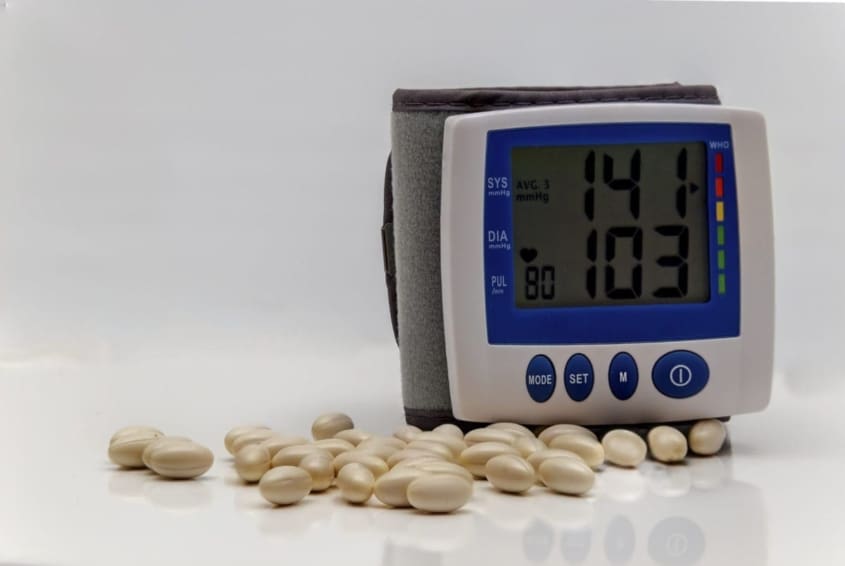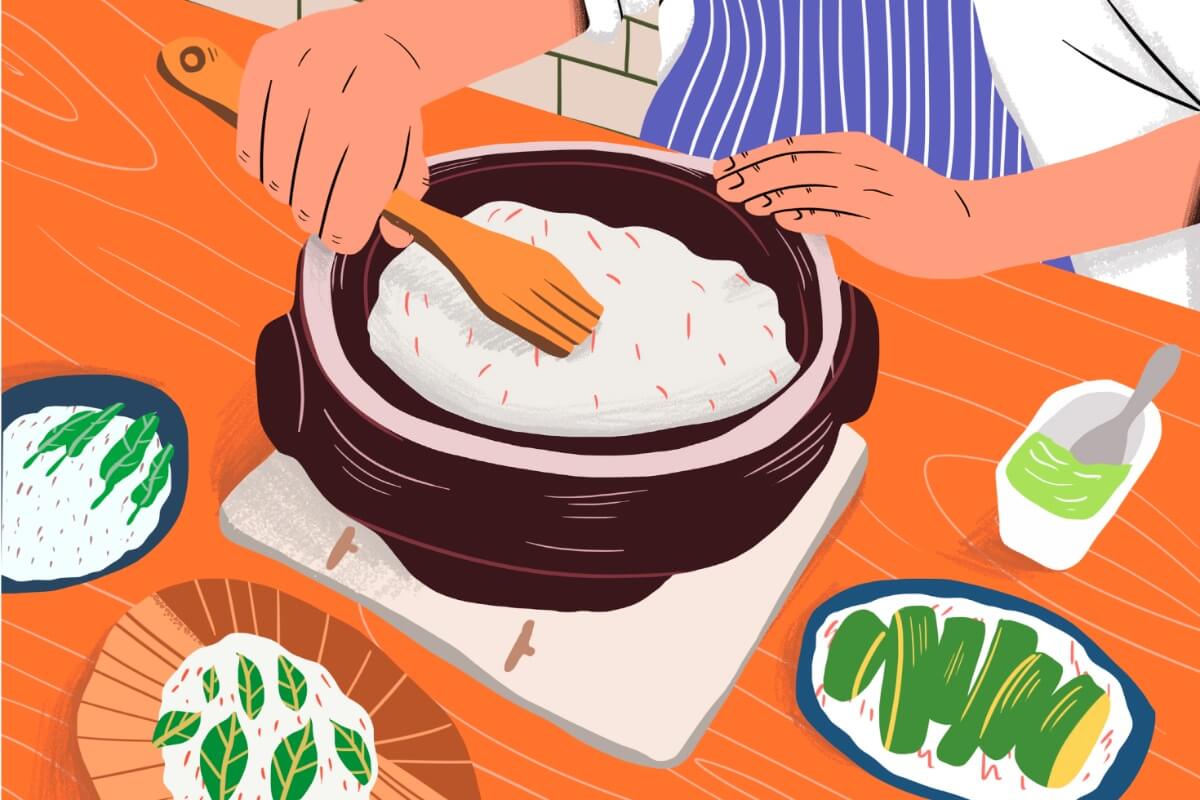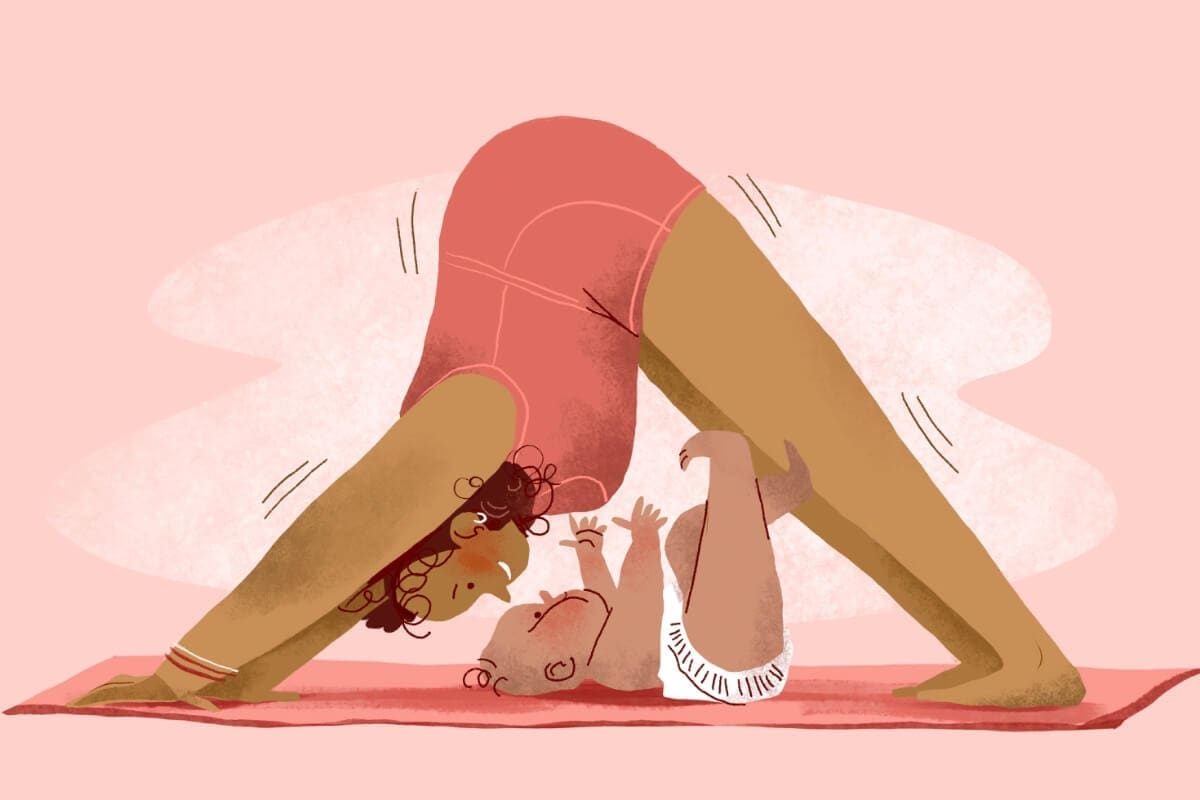
Blood pressure is the amount of force that your blood puts on your artery walls as it moves through your body. High blood pressure (also called hypertension) occurs when your blood moves through your arteries at a higher pressure than normal. Many different things can cause high blood pressure. If your blood pressure gets too high or stays high for a long time, it can cause health problems. That is why it is important to treat high blood pressure. Medicines are one of the most common methods of treatment.
Path to improved health
There are many types of medicine used to treat high blood pressure. Your doctor will decide which type of medicine is right for you. These are the most common:
- ACE inhibitors (angiotensin-converting enzyme inhibitors) keep your body from making the hormone angiotensin II. This hormone causes blood vessels to narrow. This type of medicine relaxes your blood vessels and opens them up.
- Alpha blockers help relax your blood vessels by reducing nerve impulses. This allows your blood to pass through more easily.
- Angiotensin II receptor blockers (ARBs) block the effects of the hormone angiotensin II. This hormone causes blood vessels to narrow. This type of medicine allows your blood vessels to stay open.
- Beta blockers make the heart beat slower so that blood passes through your blood vessels with less force.
- Calcium channel blockers (CCBs) prevent calcium from entering the cells of your heart and arteries. This helps keep your blood vessels from contracting with extra force.
- Central agonists reduce the nerve impulses that cause the blood vessels to tense up or contract. They work the same way as alpha and beta blockers, but they follow a different nerve pathway.
- Diuretics (water pills) help your body get rid of extra sodium (salt) and water. This reduces the amount of fluid flowing through your blood vessels and lowers your blood pressure. These will make you urinate more.
- Vasodilators (blood vessel dilators) relax the muscles in the blood vessel walls. This causes the blood vessels to widen (dilate) so blood can flow through better.
Things to consider
All medicines can have side effects. Some possible side effects of high blood pressure medicines include:
- Chest pain, heart palpitations (the feeling that your heart is racing), or arrhythmia (irregular heartbeat)
- Cough, fever, congestion, upper respiratory tract infection, or flu-like symptoms
- Diarrhea or constipation
- Dizziness or lightheadedness
- Headache
- Nausea
- Nervousness or anxiety
- Problems with erections and sexual function
- Skin rash
- Tiredness, weakness, drowsiness, or lethargy (lack of energy)
- Unintended weight loss or gain
- Vomiting
Tell your doctor as soon as possible if your side effects become severe or bothersome.
What about medicine interactions?
If you use 2 or more medicines at the same time, the way your body processes each one can change. When this happens, the risk of side effects from each medicine increases. Each medicine may not work the way it should. Be sure your doctor knows all the medicines you are taking. These include prescription and over-the-counter medicines, vitamins, and herbal supplements.
Also ask your doctor whether you need to avoid any foods or drinks while using your blood pressure medicine. For example, people taking certain CCBs may need to avoid eating grapefruit or drinking grapefruit juice.
Questions to ask your doctor
- What type of blood pressure medicine is best for me?
- How does this medicine work?
- What are the side effects of this medicine?
- How long will I need to take this medicine?
- Are there any lifestyle changes I can make to lower my blood pressure?
Resources
American Heart Association: What You Should Know About High Blood Pressure and Medications
U.S. National Library of Medicine, MedlinePlus: Blood Pressure Medicines
![]()
Copyright © American Academy of Family Physicians
This information provides a general overview and may not apply to everyone. Talk to your family doctor to find out if this information applies to you and to get more information on this subject.










